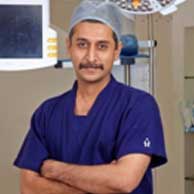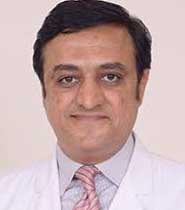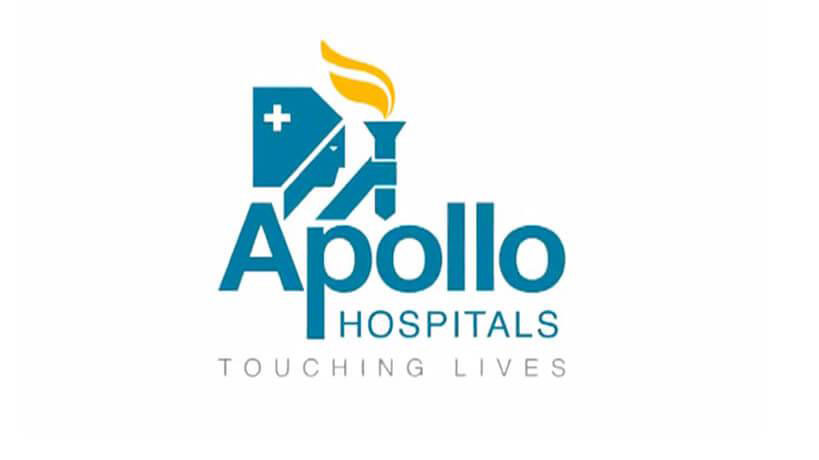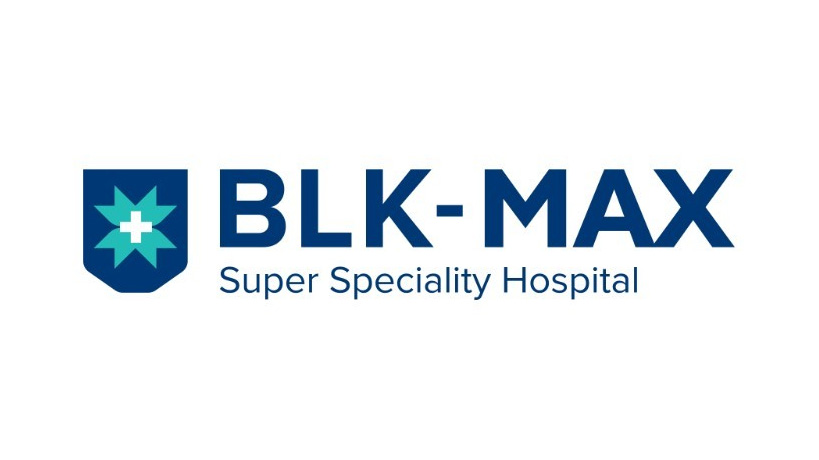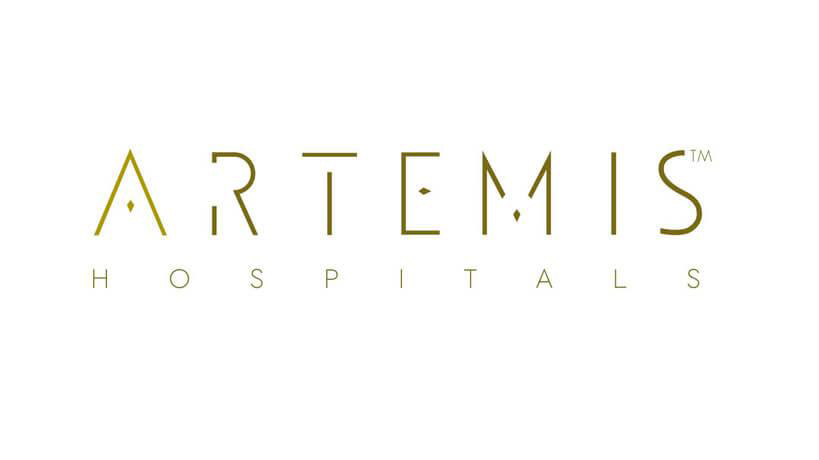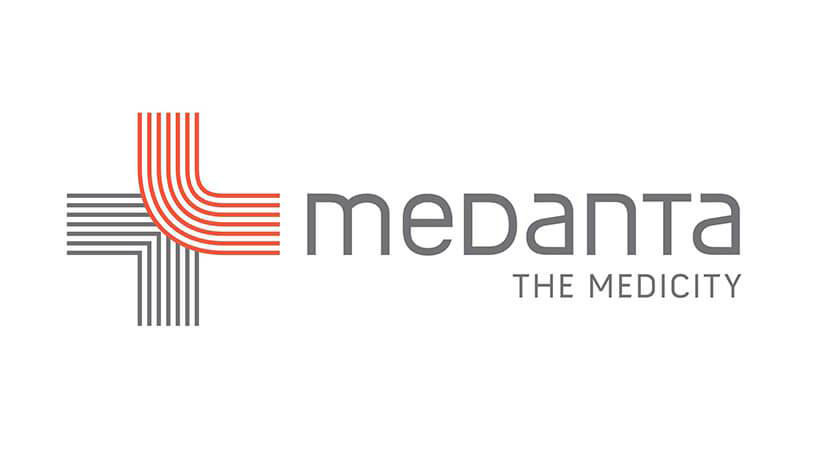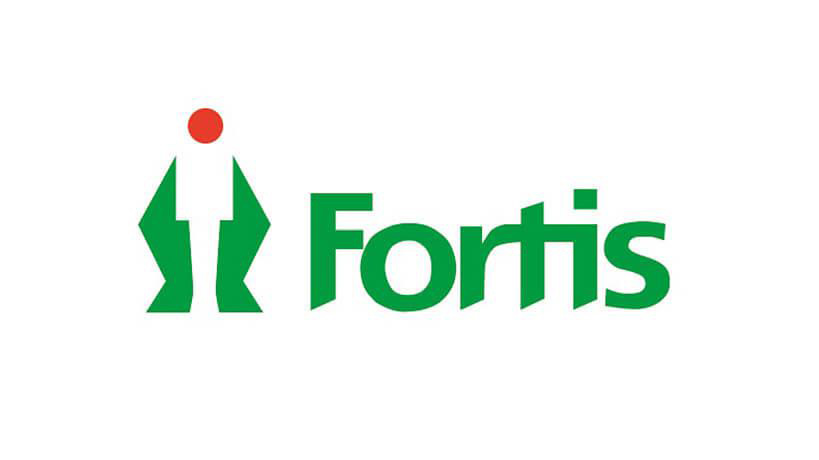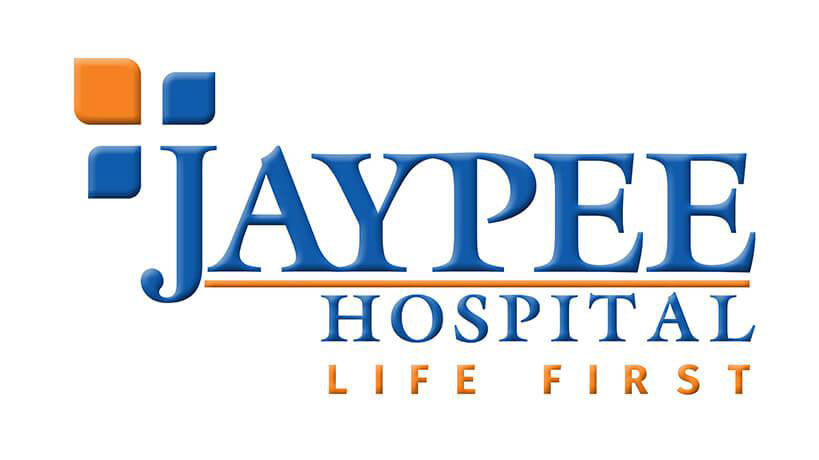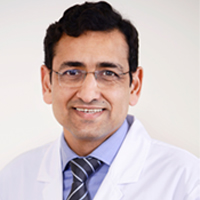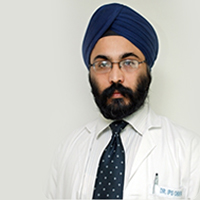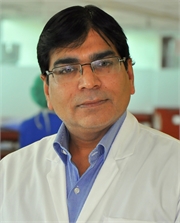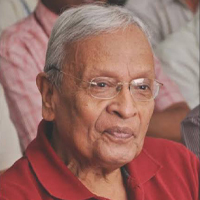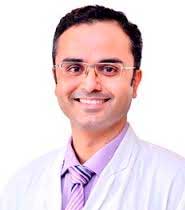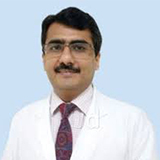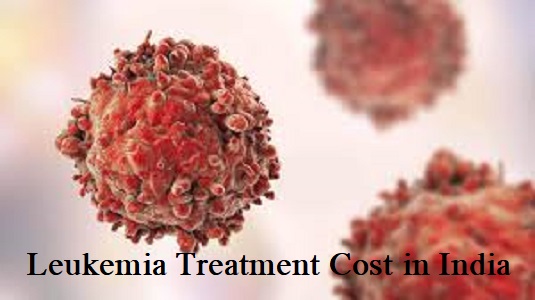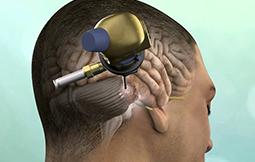
Get Free Treatment Plan From Top Hospital
Attach Medical Report
Skull Base Surgery, Treatment, Cost, Surgeons and Procedures
Skull base surgery is a remarkable and innovative medical discipline. It involves exploring the intricate depths of the human skull to address complex conditions at its base and surrounding areas. This specialised field focuses on surgical procedures for treating various conditions, including tumours, vascular malformations, and nerve-related disorders that affect critical structures within the skull base.
We embark on an illuminating journey into the captivating world of skull base surgery. Join us as we witness how science, skill, and compassion converge to shape the future of neurosurgical excellence.
The bones, cartilage and tissues that compose the face and skull create an intricate network that houses blood vessels and nerves essential to controlling head and facial functions. When tumours threaten these structures, the best skull base surgeons in India must be able to access them quickly to treat them – often difficult when access is blocked by nearby systems requiring surgeons to use advanced techniques that minimise collateral damage to surrounding structures.
Endoscopic or minimally-invasive skull base surgeries use natural openings in the nose or mouth to access areas of the brain and skull, with surgeons using an endoscope (a thin, lighted tube used by doctors to see inside) to remove growths or abnormalities through these openings. Surgeons using endoscopes tend to be more precise than traditional instruments as these tools allow surgeons a real-time view of where they’re working; additionally, MRI scans of skull bases provide images to diagnose diagnoses and treatment planning purposes.
This method enables us to remove more of a tumour without harming surrounding nerves or structures, leading to improved patient results in reduced complications and increased quality of life.
Due to their proximity, skull base tumours must avoid injuring adjacent structures such as nerves and neurovascular structures and orbit and sinonasal cavities while simultaneously taking advantage of emerging technologies like image-guided radiotherapy, improved diagnostic modalities, and endoscopic skull base surgery. Minimising collateral injury remains a significant challenge as new technologies such as image-guided radiotherapy, improved diagnostic modalities, and endoscopic skull base surgery are implemented.
Skull Base Surgery: Symptoms
Skull base tumours and disorders frequently produce symptoms including nose pain, headaches, blocked sinuses or vision changes as a telltale sign that growth is compressing nerves or brain tissue.
A team of specialists may order a physical examination, neurological tests and imaging scans in addition to checking balance, facial nerves, muscle activity and hearing.
Brain Tumours:
The skull base is an intricate area of the head consisting of bones that separate the brain from its surrounding structures, such as nasal cavities, sinuses, ears and eyes, blood vessels and nerves, and openings allowing blood vessels and nerves to pass freely. As with other areas in your head, growths may form here, which place pressure on important structures causing symptoms; some cancerous growths are malignant while noncancerous but still lead to headaches, vision problems or balance issues.
Over the past two decades, advancements in surgical techniques have enabled skull base surgeons to perform more extensive resections of benign and malignant tumours, thanks to patient positioning that facilitates gravity retraction, deconstructive skull base surgery to create safe apertures for removal and advanced microsurgical instrumentation.
Meningiomas:
The skull base is an intricate region where every nerve that connects the brain with other areas must pass. Tumours that develop here may cause headaches, facial pain, vision impairment or other symptoms.
Meningiomas are benign tumours, yet can grow quickly to pressure neural structures in the brain and neck, ultimately impacting breathing and heart rate. If they become large enough, a meningioma could significantly alter both systems.
Skull-base surgeons employ advanced imaging tools and may perform biopsies on these growths for further evaluation. Some meningiomas don’t require surgery and can be monitored over time, while other growths require skull base surgery or radiation or proton beam therapy as the only form of treatment.
Acoustic Neuromas Vestibular Schwannomas:
No one knows exactly what causes these tumours in nerves that control hearing and balance. Sometimes, acoustic neuromas can grow and cause symptoms such as numbness, tingling, or weakness on one side of the face. In certain cases, larger acoustic neuromas may exert pressure on the brain, resulting in headaches or changes in vision.
Pituitary Tumours:
The pituitary gland is responsible for producing hormones that regulate essential bodily functions, such as blood pressure, heart rate, and metabolism. However, when a tumour develops or surgery is performed in this area, it can disrupt the delicate balance and lead to various symptoms. These symptoms may include headaches, changes in vision, and difficulty sleeping. Similarly, damage to the posterior pituitary gland can also result in hormonal imbalances. This imbalance may manifest as frequent urination and excessive thirst. Treatment includes hydrocortisone or desmopressin (Minirin). Radiation therapy may also be employed in cases of tumour recurrence that cannot be completely removed through surgery alone.
Cranial Nerve Disorders:
The skull base houses critical and complex structures such as blood vessels and nerve pathways that connect directly with your brain. Tumours or other conditions may wreak havoc here and lead to symptoms like numbness or weakness in certain parts of your face, including your eyes.
Trauma to the skull base may cause cerebrospinal fluid leakage and other serious side effects, including CSF fistula. Repairing for these more serious complications requires specialized techniques and approaches, including advanced TBI monitoring in an intensive care unit and knowledge of various surgical approaches to repair them.
Skull Base Surgery: Pre-procedure
Skull base surgery requires thorough preoperative preparation to ensure the best possible outcomes for patients. This process involves several steps and consultations. The patient’s condition is thoroughly evaluated, their medical status optimized, and comprehensive care provided. Here are some of the important aspects of the preoperative phase:
Patient Evaluation:
During the preoperative phase, the patient’s medical history, symptoms, and imaging studies are thoroughly evaluated. This comprehensive assessment plays a crucial role in helping the surgical team gain a deep understanding of the patient’s condition. It enables them to plan an appropriate surgical approach and anticipate any potential challenges that may arise.
Medical Optimisation:
To optimize the patient’s medical condition, any underlying health issues like high blood pressure or diabetes are addressed before surgery.
These measures may include adjusting medication, making lifestyle modifications, or consulting with other specialists to ensure the patient achieves optimal health before the procedure.
Multidisciplinary Team Consultation:
Skull base surgery often requires a multidisciplinary approach involving collaboration between neurosurgeons, otolaryngologists, plastic surgeons, and other specialists. Consultations and discussions among these experts ensure that the patient’s care considers all aspects, leading to a comprehensive treatment plan.
Preoperative Testing:
Before undergoing surgery, patients often need to undergo several preoperative tests that vary depending on their condition and the chosen surgical approach. These tests may include blood work, imaging studies (such as MRI or CT scans), and specialized assessments to evaluate specific functions like hearing or vision.
Medication Adjustment:
Before surgery, medication adjustment becomes necessary. To mitigate the risk of bleeding during the procedure, certain medications like blood thinners might be temporarily modified or stopped altogether. The patient’s prescription list undergoes a careful review, and adjustments are made in collaboration with the appropriate specialists.
Preoperative Instructions:
Patients receive detailed instructions regarding fasting requirements, medication schedules, and other preparations for the day of surgery.
Psychological Preparation:
Skull base surgery can be a daunting experience for patients, and psychological preparation plays a significant role in their overall well-being. Patients may receive resources for psychological support, counselling, and relaxation techniques to help them manage the emotional aspects of the surgery.
Anaesthesia Consultation:
The anesthesiologist plays a crucial role in monitoring the patient’s vital signs throughout the surgical procedure, ensuring their safety and well-being. Additionally, they meet with an anesthesiologist before the surgery to discuss anesthesia options, address concerns, and ensure adequate preparation for administration.
Preoperative Imaging Review:
The surgical team reviews the preoperative imaging studies in detail, carefully analysing the anatomy and identifying potential challenges or areas of concern. This review helps plan the surgical approach and ensures the team is well-prepared for the procedure.
Blood Transfusion:
In some cases, skull base surgery may involve significant blood loss, necessitating blood transfusion. Preoperative blood typing and screening are conducted to ensure that compatible blood products are available during the procedure.
Skull Base Surgery: During Procedure
Below, we will tell you what things take place during the procedure of skull base surgery:
Anesthesia Administration:
The patient receives anaesthesia to ensure a pain-free and comfortable experience just before the surgery begins. In skull base surgery, the choice of anaesthesia may vary based on individual requirements. Typically, general anaesthesia is employed to induce complete sedation and unconsciousness throughout the procedure. It ensures the patient remains still and free from discomfort or pain.
The surgical team can start making the required pre-op arrangements once the patient is asleep. It includes positioning the patient correctly to provide optimal access to the skull base region.
Surgical Approach:
The surgical approach in skull base surgery is determined by the location and extent of the condition or tumour being treated. In this particular scenario, surgeons have a range of approaches they can employ for the treatment of tumours. These include transnasal, transcranial, or a combination of both techniques. The choice of approach depends on factors such as the size and location of the tumour, as well.
The transnasal approach involves using endoscopic instruments to access the skull base through the nasal cavity. The transcranial approach involves making an incision in the scalp and creating a bone flap to access the skull base. This approach allows for better visualisation and access to the area, especially for larger tumours or complex pathologies.
Incision:
During the incision, the surgeon accesses the underlying structures of the skull base. The location and size of the incision are carefully planned to provide optimal exposure while minimising any potential damage to surrounding tissues. The surgeon uses specialised instruments to make a precise incision, ensuring minimal patient anatomy disruption.
The selection of the incision varies based on the specific procedure being performed. Sometimes, a small incision suffices, while other cases may require a larger incision for better access. Determining the optimal technique for each situation relies heavily on the surgeon’s expertise and knowledge of skull base anatomy.
Brain Retraction:
Once the incision is made, the surgeon may need to gently retract the brain to gain access to the skull base region. Brain retraction involves carefully moving the brain away from the surgical site, allowing the surgeon to visualise and access the underlying structures.
Various techniques and instruments are used for brain retraction, depending on the specific needs of the surgery. To create enough space and reduce brain pressure, the surgeon uses specialised retractors, suction tools, and sporadically synthetic cerebrospinal fluid. Continuous evaluation of the patient’s neurological health during this particular time is very crucial.
Tumour Resection:
Tumour resection is the primary objective of skull base surgery to remove the tumour or abnormal growth in the skull base region. The complexity of this step can vary depending on the size, location, and type of tumour being treated. The surgeon’s expertise and knowledge of the skull base anatomy are crucial in achieving complete tumour removal while preserving critical structures and minimising complications.
The surgeon must navigate through the intricate anatomy of the skull base, ensuring complete tumour removal while minimising damage to surrounding healthy tissues.
Repair And Reconstruction:
After tumour resection, the next crucial step in skull base surgery is repairing and reconstructing any defects or disruptions caused by the surgery. It involves carefully closing the incision and reconstructing damaged structures to restore normal anatomy and function. The repair technique choice depends on the patient’s specific needs and the extent of surgical intervention. In some cases, a simple closure of the incision may suffice, while more complex reconstruction techniques could be necessary in others. It could involve utilising grafts, implants, or even consulting other surgical specialities like plastic or reconstructive surgeons. Ultimately, the primary goal is to optimise the patient’s recovery and minimise post-surgical complications.
Control of Bleeding:
During skull base surgery, the control of bleeding is paramount to ensure clear visibility and minimise complications. The surgeon must carefully manage any bleeding during the procedure, utilising various techniques to achieve hemostasis. It requires high skill and precision, as the skull base region contains numerous blood vessels that can be challenging to access and control. Various methods are employed for hemostasis to control bleeding. Mechanical pressure, electrocautery and special hemostatic agents may be used for this. In some cases, temporary clips or sutures may be utilised to secure bleeding vessels until permanent control measures can be implemented.
Intraoperative Monitoring:
During skull base surgery, it is crucial to continuously monitor the patient’s vital signs and neurological status. It ensures their safety and well-being throughout the procedure. Specialised monitoring equipment and techniques are employed to assess various parameters such as blood pressure, heart rate, oxygen saturation, and brain function. The monitoring team works closely with the surgical team, providing real-time feedback and assisting in making critical decisions.
Neurophysiological monitoring plays a vital role in skull base surgery, allowing the surgeon to assess the integrity of the patient’s neurological pathways during the procedure.
Navigation and Imaging Technology:
Advancements in navigation and imaging technology have revolutionised the field of skull base surgery, providing surgeons with enhanced visualisation and guidance during the procedure. These cutting-edge technologies make it easier to precisely localise tumours and important structures. By doing this, they increase surgical precision and lower the possibility of problems. Preoperative imaging methods like computed tomography (CT) or magnetic resonance imaging (MRI) scans are used by stereotactic navigation systems to create a precise three-dimensional picture of the patient’s skull base anatomy. The surgical field is then superimposed with this map in real-time, giving the surgeon crucial direction as they work. This technology allows for more precise tumour resection and better preservation of critical structures, ultimately improving patient outcomes.
Closure:
After the surgical procedure is completed, the incision receives careful closure and dressing to support optimal healing. Factors like size, location, and the surgeon’s preference determine the choice of closure technique. The surgical team takes extra care in sealing the wound correctly to minimise infection risk and promote ideal healing.
Postoperative Care:
The patient is carefully monitored in the days that follow following skull base surgery to ensure a quick recovery.
It may involve continuous monitoring of vital signs, neurological assessments, and appropriate pain management. The patient’s care team provides all necessary instructions for the support to facilitate the recovery of the patient. It may include guidance on wound care, custom medications for the patient, and follow-up appointments to assess the recovery.
Skull Base Surgery: Post-Procedure (Post-Care)
After undergoing skull base surgery, patients are typically moved to the Intensive Care Unit (ICU) or a recovery area, where they receive specialised care to ensure a smooth recovery. The post-care process involves several crucial aspects for the patient’s well-being and successful outcome.
Vital Sign Monitoring:
In the immediate postoperative period, continuous monitoring of vital signs is essential. It includes close observation of oxygen saturation levels, blood pressure, pulse rate and respiratory rate. The patient’s stability and early identification of potential problems are ensured by the capacity to promptly detect and address any problems.
Pain Management:
Surgery on the skull base can cause a lot of pain and discomfort. To ensure patient comfort, healthcare providers utilise pain management strategies. These strategies encompass the use of intravenous or oral medication tailored to each individual’s needs.
Wound Care:
Proper wound care prevents infection and promotes healing. The surgical incisions are carefully monitored, cleaned, and dressed by trained healthcare professionals. It helps minimise the risk of complications and ensures optimal recovery of the surgical site.
Neurological Assessment:
Due to the delicate nature of skull base surgery, close neurological monitoring is vital. Regular neurological assessments evaluate any changes in motor function, sensory perception, and cognitive abilities. Potential complications can be detected early and timely treatment of the same would prevent long-term damage to the brain.
Fluid and Nutrition Management:
Maintaining proper fluid and nutrition balance is essential for optimal recovery. Intravenous fluids and enteral feeding may be necessary during the immediate postoperative period to ensure adequate hydration and nutrition. It is carefully monitored and adjusted per the patient’s condition and requirements.
Respiratory Support:
In certain instances, patients undergoing surgery might require respiratory support afterwards. Such support may involve the use of supplemental oxygen, non-invasive ventilation, or, in rare circumstances, mechanical ventilation. It is of utmost importance to closely monitor respiratory function and promptly intervene in the case of abnormalities. It ensures proper oxygenation and helps prevent potential respiratory complications.
Head Elevation:
Keeping the head elevated post-surgery helps reduce swelling and improve venous drainage. It is especially important in skull base surgery, where swelling can increase intracranial pressure and complications. Healthcare providers ensure that the patient’s head is elevated, either by using specialised beds or pillows.
Early Mobilisation:
Early mobilisation is encouraged as soon as the patient’s condition allows. Deep vein thrombosis and muscular atrophy and weakness can be reduced by necessary mobilisation. To ensure a secure and efficient recovery, physical therapists work closely with patients to progressively increase their mobility.
Speech and Swallowing Therapy:
Depending on the location and extent of the skull base surgery, patients may experience difficulties with speech and swallowing. Speech and swallowing therapists assess and provide targeted interventions to improve these functions. It helps patients regain their ability to communicate and eat comfortably. Thus it is enhancing their overall quality of life.
Physical and Occupational Therapy:
Skull base surgery can significantly impact a patient’s physical abilities and daily functioning. Physical and occupational therapists collaborate to create personalised rehabilitation plans that improve strength, coordination, and functional independence. These therapy sessions help patients regain their physical capabilities and adapt to any changes resulting from the surgery.
Medication Management:
After undergoing surgery, patients may need a variety of medications to manage pain, prevent infection, and support the healing process. Healthcare providers diligently administer these medications based on the prescribed schedule and closely monitor any potential side effects. They also make necessary adjustments to the treatment plan as required.
Follow-Up Appointments:
To track the patient’s development and handle any issues or difficulties that may develop, regular follow-up sessions are essential.
These appointments allow healthcare providers to evaluate the effectiveness of the treatment. It also helps to make necessary adjustments and provide ongoing support and guidance to the patient and their family.
Education and Discharge Planning:
Before discharge, patients and their families receive education and guidance regarding postoperative care, medication management, wound care, and potential signs of complications. Clear instructions ensure a smooth transition from the hospital to home care, promoting patient safety and successful recovery.
Emotional Support:
Skull base surgery can be a challenging and emotionally overwhelming experience for patients and their families. Emotional support is an integral part of the postoperative care process. Best doctors and skull base surgeons in India are fine in their work and do offer empathy, counselling, and resources to help patients cope with any emotional or psychological difficulties better.
Skull Base Surgery: Risks and Complications
Here are the following risk and complications of Skull Base Surgery:
Infection:
Infection is a risk associated with skull base surgery that must be managed carefully to be prevented, using antimicrobials, sterile techniques and careful reconstruction planning. Thankfully, such issues can often be avoided using perioperative antibiotics, sterile procedures and special attention paid during reconstruction.
Meningeal complications associated with skull base surgery are a leading source of morbidity and mortality. An infection of the meninges typically arises within one to ten per cent of cases during traditional or endoscopic skull base procedures; meningitis typically appears early but can occur later.
Skull base tumours or growths often exhibit symptoms such as headache, nosebleeds, loss of vision, balance issues and facial numbness. To check for tumours or growths, a doctor will typically perform a physical examination and order scans of your head or neck.
Cerebrospinal Fluid CSF Leak:
If the membranes surrounding your brain and spinal cord sustain an injury, it can result in a leakage of cerebrospinal fluid (CSF), leading to symptoms like headaches, dizziness, light sensitivity, impaired balance, and cognitive difficulties. If you experience these symptoms, immediate evaluation is essential. Treatment options for a CSF leak include conservative measures or lumbar epidural blood patch surgery. In this procedure, your blood is injected into the area around your spinal cord within an epidural space under hospital supervision.
Although advancements have been made in skull base surgery, CSF leak rates remain high in some series. They are an integral reason patients require multidisciplinary approaches (involving otolaryngologists, neurosurgeons, plastic surgeons, radiation and medical oncologists, anesthesiologists and rehabilitation specialists). Careful preoperative planning, intraoperative hemostasis procedures and postoperative holistic management are essential to ensure safe skull base surgery.
Neurological Deficits:
Tumours near the base of the skull, behind the eyes and nose, are close to nerves, blood arteries, and other crucial parts of the body that regulate how we operate. Any harm to these essential systems brought on by cancer or its treatment could lead to long-term brain damage and reduced quality of life.
Although advances have been made in imaging technologies, surgical techniques, and postoperative care for those undergoing skull base surgery, neurological deficits remain an increased risk.
Training requirements for endoscopic skull base surgery must emphasize its anatomical complexity, technical difficulty and potential neural and vascular injury risks. Furthermore, training must include the capability of transitioning from endoscopic to open surgery as required to maximize oncological outcomes while reducing complications.
Bleeding:
Neurosurgery of the skull base involves performing advanced surgical techniques to reach areas below the undersurface of the brain where important nerves and vessels exit from within the skull to support our senses. Our world-class neurosurgeons employ this specialised type of surgery without cutting through or retracting brain tissue in this delicate procedure.
Vessel complications following skull base surgery are an all-too-common side effect, often including hematomas, carotid dissections and pseudoaneurysms that may lead to serious morbidities such as cranial nerve dysfunctions, long-term encephalomalacia or even death.
Visual disturbances following skull base surgery are another potential complication, particularly diplopia. This complication could result from damage to the optic nerve during resection or orbital complications like exposure to keratopathy; symptoms may be corrected with tarsorrhaphy, liberal moisturization and protection during recovery.
Postoperative Swelling and Edema:
Skull base surgery carries an increased risk of postoperative swelling and oedema due to its proximity to dural and vascular structures. To mitigate this, perioperative antibiotics, sterile technique, careful reconstruction, attention to detail during reconstruction and replacing non-irradiated tissue with compromised vascularization are tools against postoperative swelling and oedema.
The internal carotid artery (ICA) injury is another significant complication, often occurring during skull base exposure and tumour resection procedures. Most injuries appear on the left ICA due to the surgeon’s handedness or approach.
Skull Base Surgery recovery rate in India
Minimally invasive endoscopic skull surgery has a high success rate with recovery time decreased. The less time for recovery is due to the minimally invasive approach.
After undergoing the endoscopic endonasal approach, it typically takes approximately 6-8 weeks for the nose to fully heal. Complete need rest is advised for the patient for 1-2 weeks depending upon the tumour surgery done and the responsiveness of the patient. The patient should not bend for 4-6 weeks. The patient needs to take all the precautions given. Steady follow of instructions and regular use of medications will help the patient heal faster.
Skull base surgery- Best surgeons in India
Skull base surgery has become more advanced with the use of minimally invasive techniques. Expert surgeons now utilize specialized instruments and imaging guidance to access and treat the skull base through smaller incisions. Al Afiya Medi tour helps the patient interact with the best surgeon available in India for skull base surgery. Al Afiya Medi tour has deep connections with the skull base surgery society of India (SBSSI) and will help you find the best surgeon. Below is the list of a few skull base surgeons in India:
Dr. Sudhir Tyagi, Apollo Hospital, Delhi NCR, India
Dr. Amitabh Goel, Max Hospital, Delhi NCR, India
Dr. V.K. Jain, Max Hospital, Delhi NCR, India
Dr. Prakash Singh, Max Hospital, Delhi NCR, India
Dr. Sunil Kumar Baranwal, Fortis Hospital, New Delhi, India
Dr. Amit Kumar Shridhar, Fortis Hospital, New Delhi, India
Dr. Kapil Jain, Max SuperSpecialily Hospital, Delhi NCR, India
Dr. Zahid khan, Max SuperSpecialily hospital, Delhi NCR, India
Dr. Manas Kumar Panigrahi, Kims Hospital Hyderabad, India.
Dr. R. Chandrasekhar Naidu, Kims Hospital Hyderabad, India.
Dr. Sujit Kumar Vidiyala, Kims Hospital Hyderabad, India.
Skull base surgery- best hospitals in India
Skull base surgery is a highly specialized and intricate form of surgery. It involves deep inside the skull to treat complex ailments. This surgery requires specialized facilities for the latest cult of techniques involved. This cutting-edge technology of skull base surgery is available in various hospitals across India. India not only provides high-quality technology but also at a lower cost. In addition, they offer excellent hospitality and physical comfort by providing all necessary services in one convenient location. Al Afiya Medi Tour is one of the leading medical tourism companies which helps you to find such a spot with ease. Below is the list of a few hospitals providing the latest skull base minimally invasive surgery in India:
Medanta hospital, Gurguram, Delhi, India
Max Hospital, Delhi, India
Fortis hospital, Gurguram, Delhi, India
Artemis Hospital, Gurguram, Delhi, India
Sanar International hospital, Gurguram, Delhi, India
BLK Max super-speciality Hospital, Delhi, India
Manipal Hospital, Dwarka, Delhi
Metro Hospital, Faridabad, India
Morengo hospital, Gurguram, Delhi, India
Apollo Hospitals, Delhi, India
Kims Hospital, Hyderabad, India
Apollo Hospitals, Hyderabad, India
Skull Base Surgery Cost In India
Skull base surgery requires the expertise of a specialised team and advanced technologies. The cost of skull base surgery in India can vary based on factors such as the complexity of the surgery, the chosen hospital or clinic, and the specific needs of each patient.
In general, skull base surgery can be expensive due to the advanced techniques and specialised equipment involved. However, the skull base surgery society of India offers a cost-effective option for patients seeking quality healthcare at a more affordable price than many other countries. Skull base surgery in India can range in cost from USD 5,500 to USD 7,000 or more.
Al Afiya Medi Tour interconnects with Hospitals across the country which offers cutting-edge facilities with highly skilled surgeons. Apart from that individualised care is also available to optimise patient outcomes during skull base surgeries. Many of these hospitals also provide comprehensive packages that encompass the surgical procedures themselves, hospital stays, postoperative care, and follow-up visits. Patients are strongly advised to conduct thorough research and consider various aspects such as the hospital’s reputation, expertise of the surgical team, and overall quality of care before reaching a decision.
Skull base surgery Success Rate in India
Skull base surgery is a remarkable field that continues to advance, providing hope and relief to patients facing complex conditions affecting the critical structures at the skull base.
With its evolution, innovative techniques, and multidisciplinary approach, skull base surgery has revolutionised the treatment of brain tumours, meningiomas, acoustic neuromas, pituitary tumours, cranial nerve disorders, and skull base fractures. The new technology of minimally invasive endoscopic skull base surgery led to faster recovery and better outcomes. The outcome statistics with the latest minimally invasive procedure are great with a 97-99% success rate.
Also, it has led to a low mortality rate of 1.2%. In the case of a malignant tumour, the survival rate could vary. It has been observed that the 5-year survival rate is generally around 52-56% in most cases.
Patients receive thorough care and gain knowledge of several specialities thanks to the collaboration between the Al Afiya Medi Tour group, neurosurgeons, otolaryngologists, plastic surgeons, and other professionals. Skull base surgery has a promising future ahead of it as technology and surgical methods advance, promising patients better outcomes and a better future.

Top Skull Base Surgeons in India

Best Skull Base Surgery Hospitals in India
Book An Appointment for Skull Base Surgery

Get Free Treatment Plan From Top Hospital
Attach Medical Report

Cost of Skull Base Surgery in India

Success Rate of Skull Base Surgery in India
Contact Form
Attach Medical Report
Top Doctors & Surgeons in India
Why Choose Us

Personalized Care
24x7 Supports
Top NABH and JCI accredited Hospitals
Free Cost Estimation & Medical Opinion from Specialist
Get Free Tele/Video Consultation
Visa and Traveling Assistance
Post-surgery with Assistance in Follow-ups

